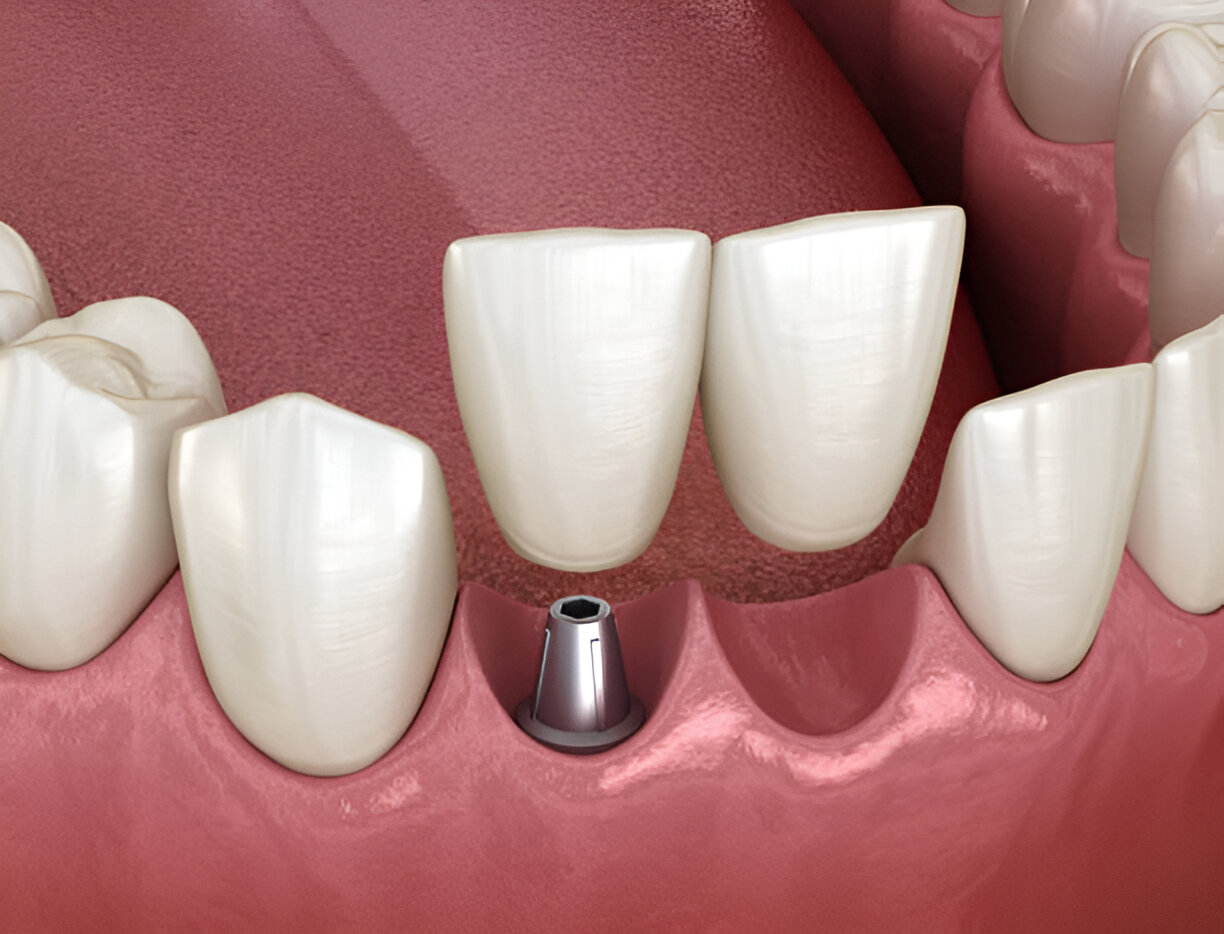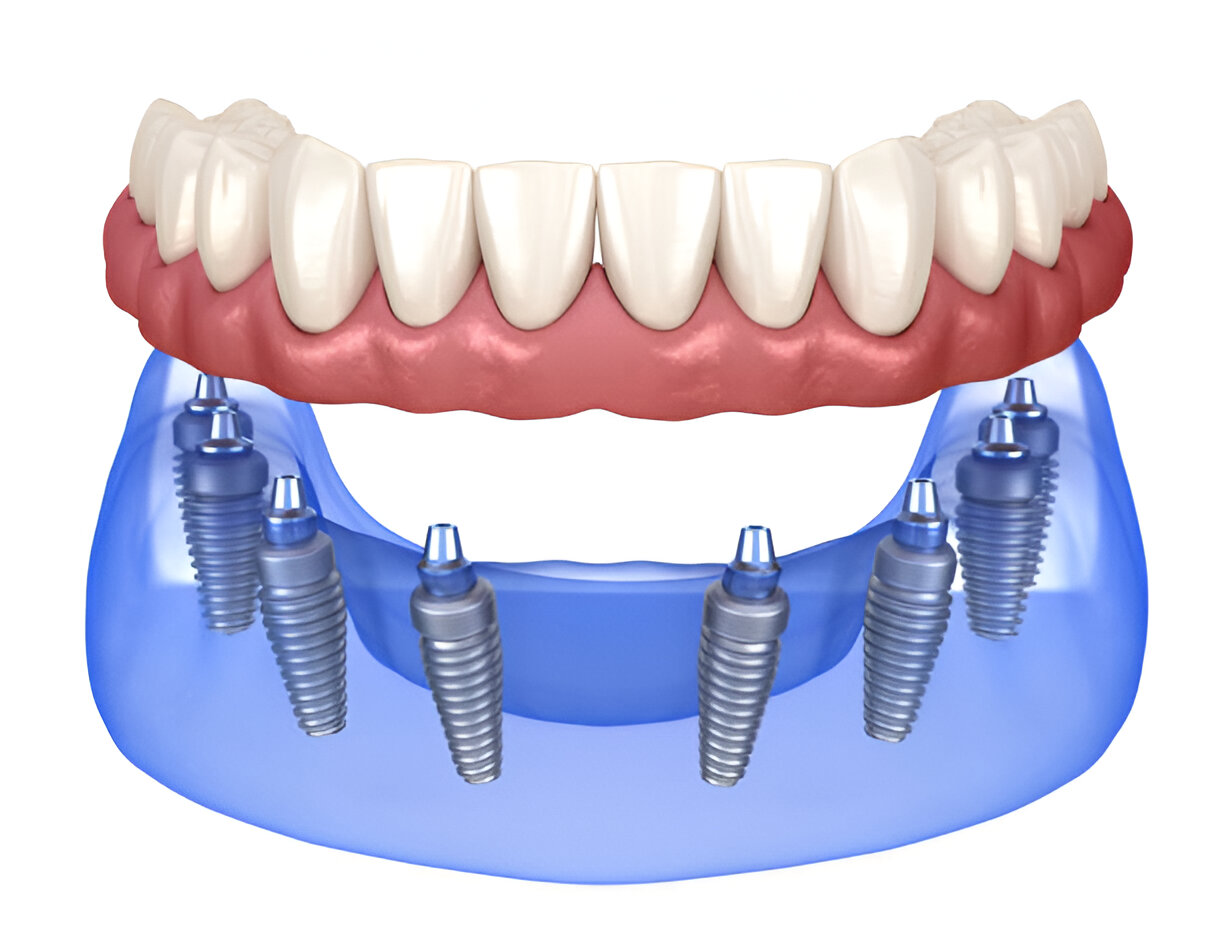If you’re considering improving your smile, you may have heard about veneers. These thin shells of porcelain or composite resin can cover imperfections in your teeth, making them look brighter, straighter, and more even. But are they worth it? In this article, we’ll break down the pros and cons of veneers to help you decide if they’re the right choice for you.
What Are Dental Veneers?
Dental veneers are thin, custom-made coverings that bond to the front of your teeth. They are mainly used to enhance the appearance of teeth that are chipped, discoloured, uneven, or slightly crooked. Veneers are often made from porcelain, but composite resin is another option. These materials are designed to blend in with your natural teeth, giving you a bright, symmetrical smile. If you’re looking for guidance or treatment options, an NHS Dentist in Aberdeen can help assess your needs and provide advice on suitable treatments, including veneers, based on your oral health and cosmetic goals.
Can Dentures Be Fitted to Receding Gums?
The Pros of Veneers
1. Improved Appearance
One of the main reasons people opt for veneers is the dramatic improvement in their smile. Veneers can fix a variety of aesthetic issues. Whether you have discolouration, chips, or uneven teeth, veneers can provide a quick and effective solution. They are tailored to match the natural shape, size, and colour of your teeth, making your smile look perfectly polished.
2. Minimal Tooth Preparation
Unlike crowns or other more invasive dental treatments, veneers require minimal alteration to your natural teeth. In most cases, only a small layer of enamel needs to be removed to make room for the veneer. This makes the procedure relatively simple and less invasive.
3. Stain Resistance
Porcelain veneers, in particular, are highly resistant to stains from coffee, tea, and other food or drinks that can discolour your teeth. This means that once you have veneers, your smile will stay bright and white for a longer time compared to natural teeth, which are more prone to staining.
Can I Brush My Teeth After Composite Filling?
4. Long-Lasting Results
With proper care, dental veneers can last many years. Porcelain veneers, for example, can last between 10 to 15 years. Composite resin veneers typically last about 5 to 7 years. While they do need replacement after a certain period, they can offer long-term cosmetic benefits with minimal maintenance.
5. Boost in Confidence
Many people choose veneers to address cosmetic concerns that make them self-conscious. A smile is often the first thing people notice, and veneers can significantly enhance the way you feel about your appearance. Whether it’s a chip, discolouration, or a gap between your teeth, veneers can help you smile with confidence.
Can Composite Bonding Fill Gaps?
The Cons of Veneers
1. Cost
One of the main drawbacks of veneers is the cost. The procedure can be quite expensive, especially if you choose porcelain veneers. On average, porcelain veneers can cost anywhere from £500 to £1,000 per tooth, depending on your location and the expertise of the dentist. Composite veneers are generally more affordable, but they still cost more than professional teeth whitening or basic dental treatments.
Are Composite Fillings Strong?
2. Irreversible Process
Getting veneers is a permanent decision. In most cases, some enamel needs to be removed from your natural teeth to ensure the veneers bond properly. Once this is done, your teeth will always need some form of restoration. If your veneers become damaged or you decide to remove them, you will likely need to replace them with new ones, which can be costly.
3. Sensitivity Issues
After the procedure, some people experience tooth sensitivity, especially if a significant amount of enamel was removed. This sensitivity can make it uncomfortable to eat hot or cold foods for a short period. However, this usually improves with time as your mouth adjusts.
Will an Emergency Dentist Extract a Tooth?
4. Potential for Damage
Although veneers are durable, they are not indestructible. They can still chip or crack under extreme pressure. Biting hard objects, such as ice or hard candies, can cause damage. Additionally, people who grind their teeth or engage in contact sports may be at higher risk for damaging their veneers. It’s important to follow your dentist’s recommendations for care, which may include wearing a nightguard.
5. Not Suitable for Severe Dental Problems
Veneers are primarily a cosmetic solution. They are ideal for minor issues such as discolouration, chips, and small misalignments. However, they are not suitable for people with serious dental health problems, such as large cavities or severe tooth decay. If you need to address these types of issues, you may require other treatments before considering veneers.
What Happens if a Decayed Tooth Is Not Extracted?
Are Veneers Worth It?
Ultimately, whether veneers are worth it depends on your goals and circumstances. If you have minor cosmetic concerns and want a long-lasting solution that improves your smile, veneers could be a great option. They are minimally invasive, provide immediate results, and can significantly boost your confidence.
However, if you’re concerned about the cost, or if you have underlying dental health issues, you may want to consider alternatives, such as teeth whitening or orthodontic treatments. It’s always best to discuss your options with a qualified dentist, who can help you make an informed decision based on your individual needs.
How to Know If a Tooth Infection Spreads to the Brain?
Conclusion
Veneers are a popular choice for those looking to enhance their smile. With benefits such as improved appearance, stain resistance, and long-lasting results, they can be well worth the investment for many people. However, it’s important to weigh the potential drawbacks, such as the cost and irreversible nature of the procedure.
Before making a decision, consult with your dentist to ensure veneers are the right solution for you. They will be able to guide you through the process and help you determine if veneers align with your dental goals.
Ready for a Brighter Smile? Visit Holburn Dental & Implant Centre
If you’re thinking about veneers and want expert advice tailored to your smile, we’re here to help. At Holburn Dental & Implant Centre, our skilled team will guide you through every step — from consultation to your stunning new look.
We offer personalised treatment plans, honest advice, and quality care in a relaxed and friendly environment. Whether you want to fix chips, cover stains, or simply boost your confidence, veneers could be the perfect solution.
FAQs About Veneers
Do veneers feel like real teeth?
Yes, veneers feel very natural once placed. They are shaped to match your teeth and bonded securely, so you won’t notice much difference. After a short adjustment period, eating and speaking feel just like normal, and most people forget they even have them.
Can veneers fall off?
Veneers are securely bonded to your teeth, but they can come loose due to trauma, poor bonding, or grinding. With good care and regular dental check-ups, veneers usually stay in place for many years. If one comes off, your dentist can usually reattach or replace it.
Are veneers only for front teeth?
Yes, veneers are typically used on the front teeth because they are a cosmetic solution. These are the teeth that show when you smile or speak. For back teeth or molars, other treatments like crowns are more suitable due to the pressure from chewing.
Can I eat normally with veneers?
Absolutely! You can eat most foods just as you would with natural teeth. However, it’s wise to avoid biting into very hard foods directly with veneers. Chewing nuts, ice, or hard sweets can cause chipping. Cut firm foods into small pieces to protect your veneers.
Do veneers protect against cavities?
Veneers cover the front surface of your teeth, but they don’t protect against decay. Your natural teeth underneath can still get cavities, especially at the edges. It’s important to brush, floss, and visit the dentist regularly to keep both your teeth and veneers healthy.


